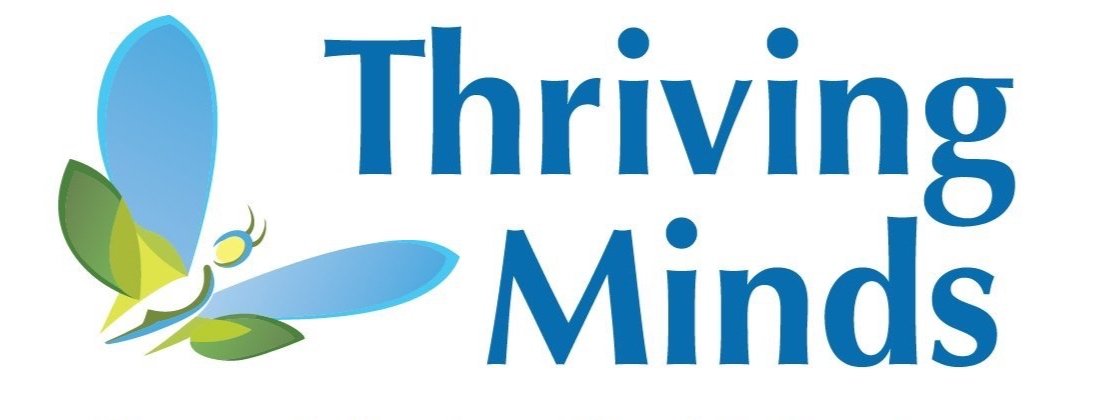Values-Based Approach to Selective Mutism
This article provides information regarding a values-based approach to selective mutism treatment. For younger children, tangible rewards such as stickers are often highly motivating. With teenagers, tangible rewards in different forms (e.g., earning money towards a larger gift, receiving screen time, etc.) can still be motivating. Nonetheless, there are strategies that can supplement behavioral treatment for teenagers with selective mutism.
Differentiating goals and values
Firstly, it is important to distinguish goals and values. While goals can be “checked off,” values are a constant in one’s life. Goals can continually be made and revised to align with a person’s values.
Let’s start with goals. The “SMART” goal framework is often used to create goals more effectively:
S = Specific
M = Measurable
A = Achievable
R = Relevant
T = Time-based
Within this framework, goals are created in a manner that is specific enough that the teen understands what it is in detail that they will be doing. In addition, goals should be measurable so that progress can be objectively determined (often by quantifying the goal, e.g., “10 jumping jacks a day” as opposed to “do more jumping jacks”).
It is especially important that the goal is achievable. This means that while the goal can be challenging and diverge from current patterns of behavior, it should not be so challenging that it is unlikely for the teen to reach the goal. It is crucial to take small steps rather than expect significant change all at once, especially because achieving each step will likely show the teen that progress is possible. This also gives the teen a sense of control, especially when goals are decided upon collaboratively.
Next, the goal should be relevant, such that it is aligned with the teen’s values. It is best to create goals of this type to enhance motivation. Finally, the goal should be time-based. This means that a specific date or range of time (e.g., one month) is set for reaching the goal. This helps both monitor progress as well as increase accountability. The following is a sample goal using the “SMART” goal framework:
I will raise my hand and respond to at least one question (specific) asked by the teacher every day (measurable) over the next week (time-based).
This goal would be relevant to a teen with selective mutism, and achievable based on the teen’s current speaking patterns.
Values are an important consideration within this framework. Keep in mind that teens often have not explored their values or deeply considered the ways speaking may impact their future (e.g., in navigating a college environment). Helping a teen to understand their motivations for doing or not doing something can help make action more purposeful. It is important to remember, however, that there will likely be pushback between values related to goals and fears related to goals. For example, while establishing connections with others may be important to the teen, the worry associated with initiating conversation may make this goal especially difficult.
What does values exploration look like?
Given that a teen may not have considered their values previously, the first step to values exploration is often to give the teen options. Several examples of common values include friendship, leisure (fun), family, religion or spirituality, community, and/or health. Some teens may also relate to values such as kindness, creativity, connection, accomplishment, and so on. Remember that values are not inherently right or wrong.
The next step is to help the teen use their values to establish goals. For example, imagine a teen values friendship and connection. This value can be used as the foundation to create goals related to establishing and maintaining friendships. In this way, the goal to “ask at least five classmates a question over the next week” may feel more meaningful as opposed to feeling solely like a “homework” assignment.
Professional support
Thriving Minds Behavioral Health offers specialized treatment for children and adolescents with selective mutism and would be happy to consult with your family. Aimee Kotrba, Ph.D., the clinic owner as well as a leading expert on selective mutism, recently published an updated version of her book with Katelyn Reed, M.S., that includes a chapter on selective mutism in teenagers. The book can be purchased by following this link.

